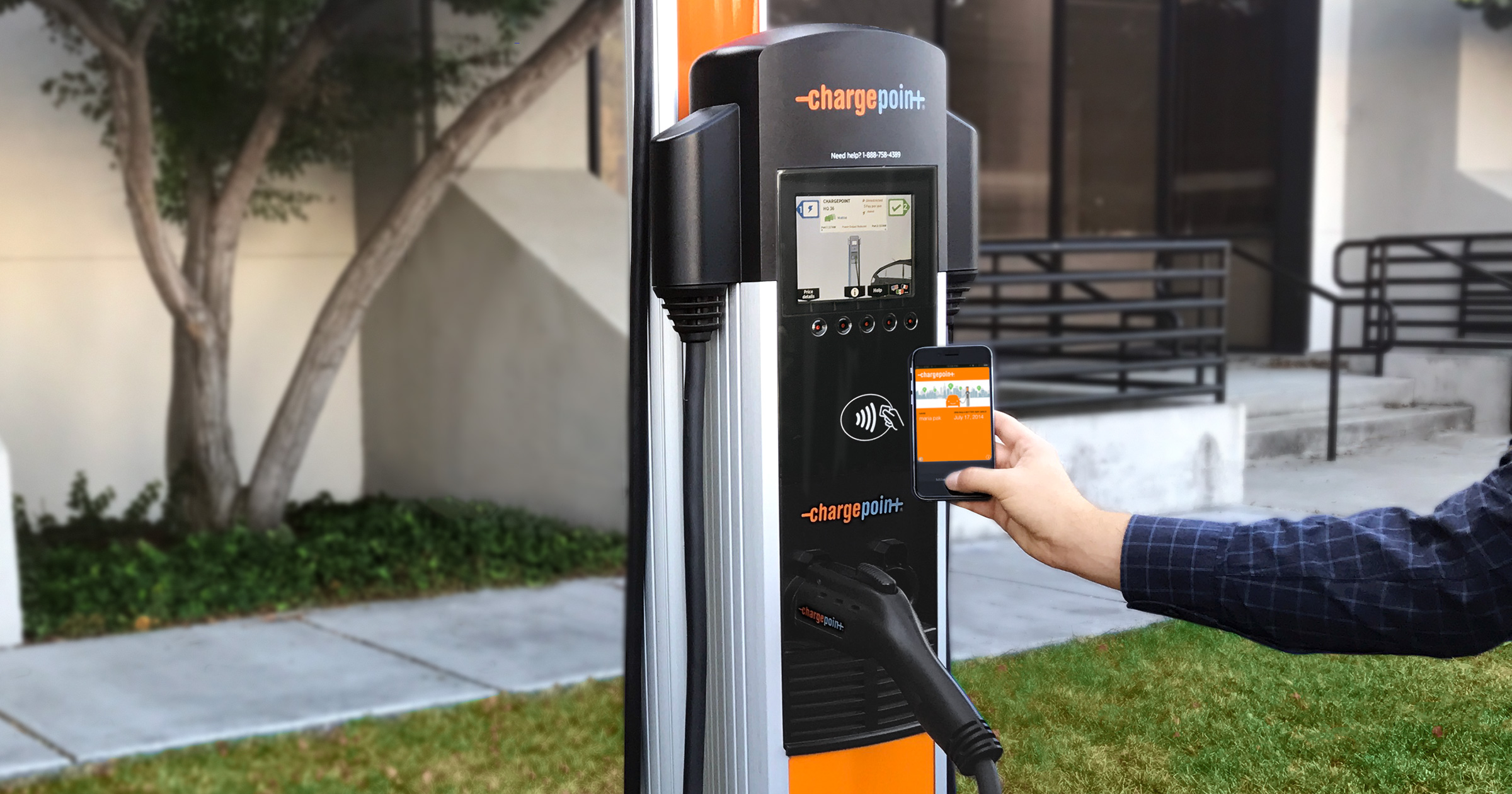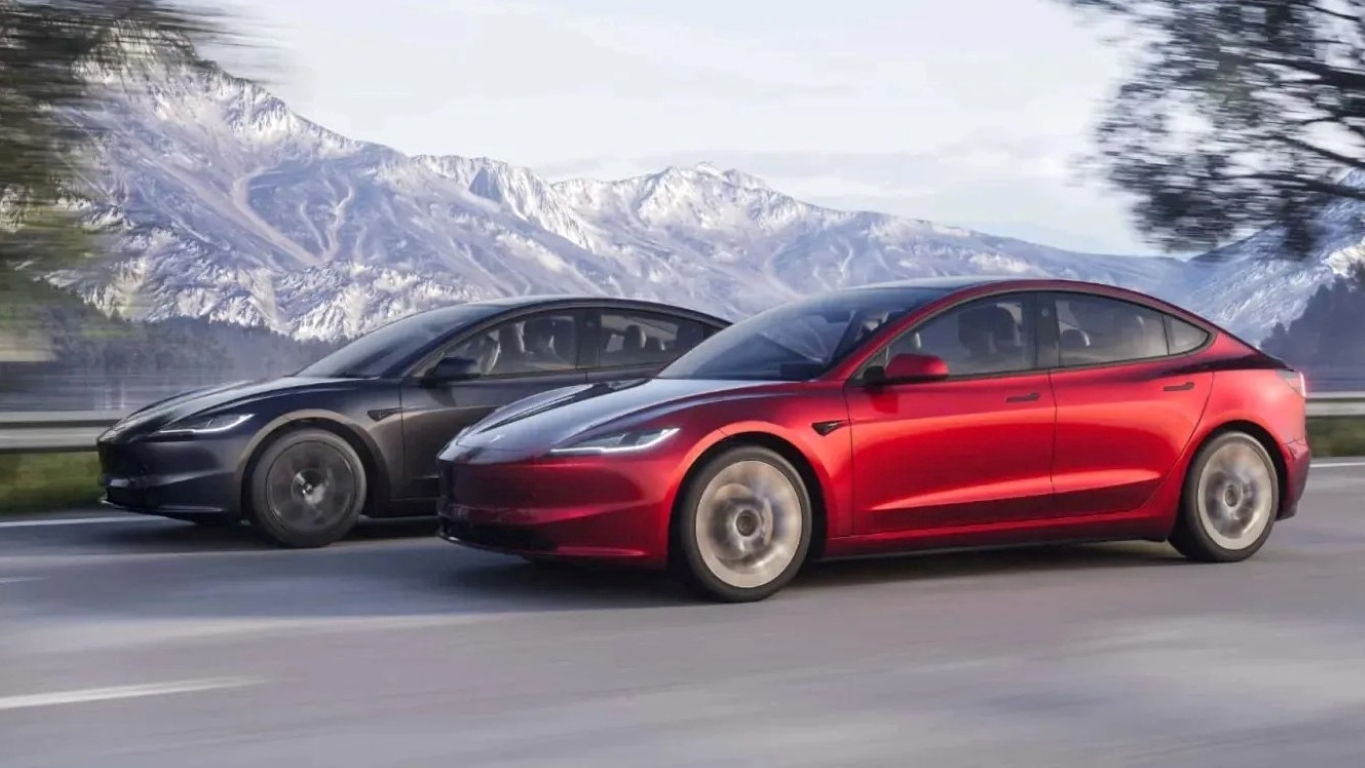
Global EV sales continued to rise in the first half of 2024, with battery-electric and plug-in hybrid vehicles surging 22% year-on-year to 1.35 million units. This strong growth is notable, and is what’s driving many investors to consider top EV makers, particularly after a significant cooldown in recent years following some rather incredible exuberance in the post-pandemic era.
Prices have begun to come down, and consumers are starting to realize the benefits of owning EVs. But it’s not just one or two companies that are dominating the discussion of this market anymore. There are a wide range of options available to consumers to choose from, at much lower prices. That’s the key driver, I think, of why the EV sector has seen such strong global growth.
Another key factor to consider is strong growth out of the Chinese market. While European EV sales have somewhat stalled after the rapid expansion in 2020 and 2021, the Chinese market continues to see strong growth, with new EV and plug-in hybrid sales breaking through the 50% threshold this year for the first time ever. That’s one of the reasons why I’m pounding the table once again on two Chinese EV stocks relative to the U.S. leader.
Key Points About This Article:
- Tesla has dominated the global EV landscape for a long time, but that market dynamic is no longer valid, with the rise of many top-tier Chinese EV makers.
- Here are two Chinese EV stocks to buy, and one high-flying EV stock to sell, for investors thinking truly long-term.
- If you’re looking for some stocks with huge potential, make sure to grab a free copy of our brand-new “The Next NVIDIA” report. It features a software stock we’re confident has 10X potential.
BYD Co. (BYDDF)

BYD (OTC:BYDDF), often dubbed the “Tesla of China,” recently surpassed Tesla as the world’s largest EV maker by volume. The company originally started out as a battery supplier for Motorola. However, BYD has since transitioned to EVs in a big way, leveraging its battery expertise for a competitive edge. Its vertical integration in manufacturing offers significant cost advantages, and has propelled the company to an impressive 35% market share in China. This market share level is what makes the stock, which currently trades at just 21-times earnings, appear to be such a no-brainer pick in this current market.
That’s partly because the company’s PEG ratio is under 1, with record passenger vehicle sales driving a 30% year-on-year revenue increase. Sales of hybrid vehicles surged by 48%, comprising nearly two-thirds of the total, while battery-only car sales grew by almost 12%. The company also reported 31,451 cars sold overseas last month, surpassing its total for all of last year. With year-to-date overseas sales at 264,869, the company is on track to sell nearly 400,000 cars outside China by year-end if the current monthly pace continues.
BYD has overtaken Tesla as the top EV OEM, according to a number of analysts covering this sector. In short, investors bullish on the Chinese EV market (such as the Oracle of Omaha himself, Warren Buffett) have great reason to continue to own BYD for the long-haul.
Li Auto (LI)

Another top Chinese EV maker I’ve been bullish on for some time is Li Auto (NASDAQ:LI). Shares of LI stock have underperformed on a year-to-date basis, to say the least. Indeed, down more than 50% this year alone, one might wonder why this stock would be considered a buy. At least on a momentum and technical basis, this is a stock with a chart that looks blown.
That may be true, at least from a short-term perspective. However, Li Auto’s record July deliveries of 51,000 suggested consumer interest in its new and affordable Li L6 SUV is picking up. If the company can continue to gain traction with its affordable SUV lineup, while also providing hybrid options addressing range anxiety concerns for millions of car buyers, this is a lineup that could garner significant market share from incumbents, including BYD.
Indeed, I view Li Auto as a higher-risk play for investors betting on a more bifurcated Chinese EV market. If the Chinese government sees that it’s in the best interest of the nation to have more than one giant EV maker, Li Auto could certainly gain the support of investors on such a view. Additionally, with shares beaten down to this level, any sort of uptick in production and decrease in net loss should result in a signficant move higher for this stock. That’s my prevailing view right now.
Tesla (TSLA)

Now, to the EV stock to sell.
Tesla (NASDAQ:TSLA) stock has been among the better-performing names in the global EV market this year, which really says something about the premium investors put on the U.S. market. While most of Tesla’s growth actually still comes from China and global markets (U.S. EV adoption appears to be slowing), Tesla is still the top dog in the U.S. market, and there’s undoubtedly plenty of growth ahead over the long-term.
So, why the negative view on Tesla?
Well, the company’s status as the top global EV maker has already been supplanted, and competition is further intensifying in the U.S. EV market. I expect this trend to continue over the long-term, despite various U.S.-based EV makers recently falling by the wayside.
Tesla’s gross and net margins have continued to shrink, reflecting the reality of the U.S. automotive sector. Margins tend to be very tight long-term. And while the company will continue to focus on its Full Self Driving features and robotics/AI offerings, the reality is that, as an auto producer, there’s really little difference between Tesla and other stalwarts such as Ford or GM over the longer-term, or there’s unlikely to be. On this basis alone, I’d prefer to own higher-growth Chinese EV stocks with better margins (or growth potential) at a fraction of the price.
It’s Your Money, Your Future—Own It (sponsor)
Retirement can be daunting, but it doesn’t need to be.
Imagine having an expert in your corner to help you with your financial goals. Someone to help you determine if you’re ahead, behind, or right on track. With SmartAsset, that’s not just a dream—it’s reality. This free tool connects you with pre-screened financial advisors who work in your best interests. It’s quick, it’s easy, so take the leap today and start planning smarter!
Don’t waste another minute; get started right here and help your retirement dreams become a retirement reality.
Thank you for reading! Have some feedback for us?
Contact the 24/7 Wall St. editorial team.





